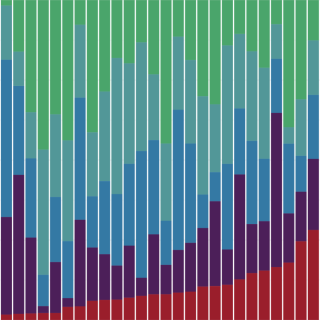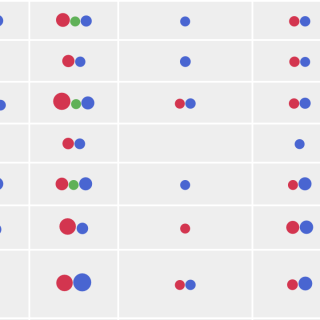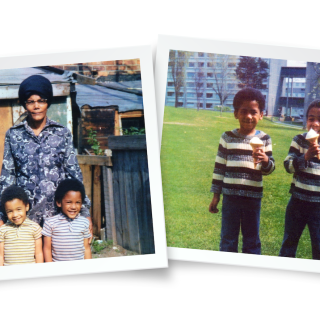What works: Designing health care inclusively for people with low incomes
The NHS Constitution states that access to NHS services is based on clinical need, not an individual’s ability to pay. Most NHS services are free of charge. There is a large evidence base describing the problems that people with low incomes face accessing healthcare; much of the international literature relates to insurance premiums. However, there is little research describing how to ensure people on low incomes are not inadvertently excluded from healthcare services.











